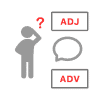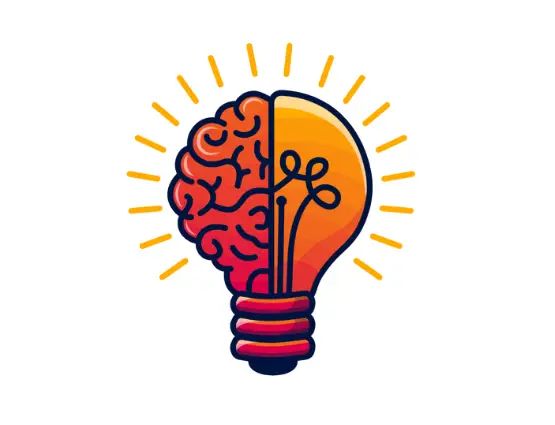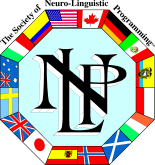
Mastering the Meta Model will come only after you have learned about all the major patterns and begun to recognize them in the language people use at a conversational pace. It may seem or have seemed difficult to reach this level, but it does not need to be. Recommended is to make a conscious effort during your social conversations with friends and family, to recognize, not to challenge, as many Meta-Model patterns as you can. Start by intending to recognize only one or two patterns, consciously, in each conversation. Some people like to make flashcards with each pattern, which say “Today I am going to listen for Lost Performatives.” Eventually, try as you might to only pay attention to one or two patterns, you will be hearing more and more.
What is the Meta Model and how is it useful?
The Meta Model is a set of questions designed to specify information, challenge and expand the limits to a person’s model of the world. It responds to the deletions, distortions and generalizations in relation to the conversation you are having with another person.
We all use communication. Communication with our selves, self-talk. And we have conversations with other people. So basically we have internal and external communication. Simple, right? Now comes the part of the Meta Model. Let’s take a look at an example dialogue:
Person One: Some of the food is good.
Person Two: Which food is good specifically?
In this case, Person One thinks to output a valid statement, yet it is not. In this example there is a Simple Deletion hidden. Person Two challenges it to reveal the Simple Deletion and to help Person One make the statement complete.
Where to start Mastering the Meta Model?
Going that way, you will be hearing so many patterns in your conversations, it may seem overwhelming to know which ones to pursue and gather more information on. When you reach that point, just stop and take a step back. That is our point in encouraging you Mastering the Meta Model Take a deep breath and know that this is the beginning of mastery when it all seems overwhelming and yet it is all there at your fingertips – as you wonder how to apply your knowledge more effectively.
How to Apply Mastering the Meta Model?
In order to apply it effectively you are going to have to start here. What is your outcome? And how do you maintain rapport as you pursue your outcome? Gain physical rapport, verbal rapport, start to look for what is not there, start to choose which pattern to ask more questions about and gather more detailed information. Use softeners, maintain rapport, decide if the answers you are getting are bringing you closer to your outcome or further away. Develop that language engine and walk a little bit ahead of time, so you can see what is coming your way in the conversation you have. That is the way of getting good at it, like a tailor-made suit.
Use your Intuition to Master the Meta Model
Getting good at this requires the careful honing of your intuition, which requires a commitment to learn and practice. Again, practice firstly in a highly directed fashion using one or two patterns at the time, either in memory or by holding flashcards. Remember that Mastering the Meta Model is not about recognizing language patterns as taught in many courses. It is about learning to develop a sense what logical question to ask next to help the person you are working with.
Then, later on, expand your awareness with a more open-ended observation of patterns in conversations. As my master once told me: “Soon you will become a Meta-Monster, whoehahaha!!!” as the same is true about you. Remember to maintain rapport and always know your outcome. If you find yourself and the conversation is going on and on and not getting anywhere, it is probably from having defined an outcome that was not very realistic or was not relevant enough to the conversation you where having. Set realistic goals, know your outcome and look for what is not there.
Besides using your intuition, it comes in handy to practice all the skills you have learnt. Rapport, Eye Accessing Cues, the Meta Model, Milton Model, Meta Programs and a ton more. We recommend you to read all of our articles here on Mind Tools, especially The NLP Meta Model Chunked Up. Come back often as we tend to post and update our library of useful information about NLP, our NLP Practitioner and NLP Master Practitioner Trainings. Happy Reading!
Last but not Least to make you Master the Meta Model
Remember, to increase your efficiency as a NLP Practitioner, know your positive intention for the message you want to convey, build rapport and pay attention on what and how you use language. Leave people and business in a better place that where you found them, every day!
Mind Tools provides NLP Practitioner and NLP Master Practitioner Trainings and Certifications. We educate you according to the renowned, latest and highest standards set by the Society of NLP. We will train you thoroughly in all the corners of Neuro-Linguistic Programming and some extras we learned from Dr. Richard Bandler directly.
- Mind Tools Co., Ltd.
- Mastering the Meta Model







